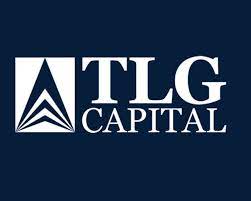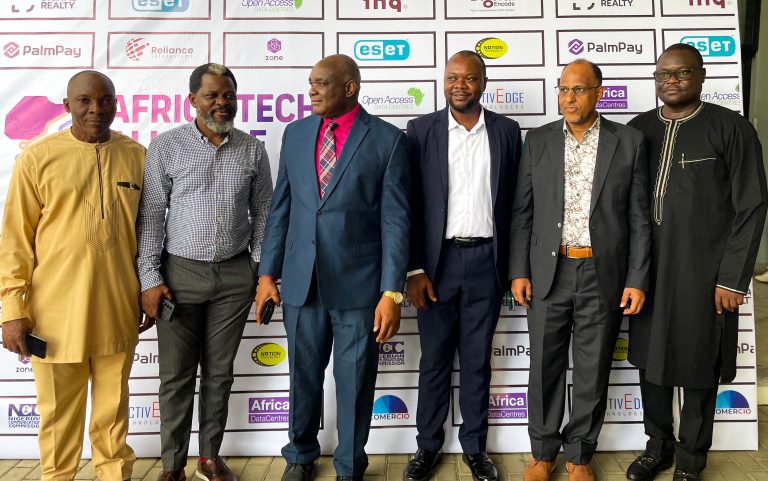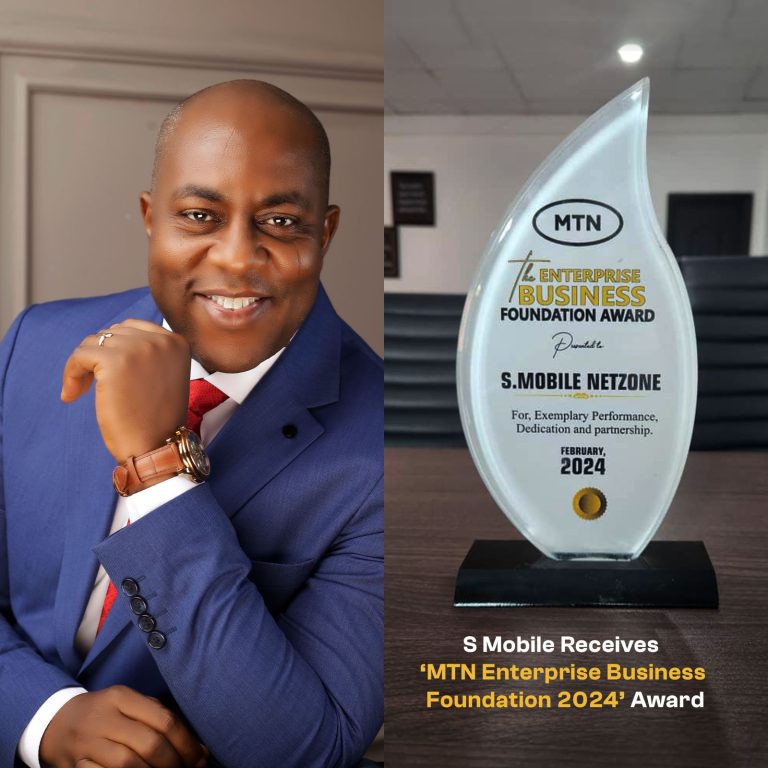Future Africa Partners With TLG Capital to Launch a $25M Venture Debt Fund for Portfolio Companies

The $25 million venture debt fund will be launched by Future Africa, a venture capital firm with its headquarters in Lagos, in partnership with TLG Capital, an open-ended credit fund with its headquarters in London.
The fund formed from TLG’s current funds will assist Future Africa’s portfolio companies in maintaining their runway in a fundraising environment that is becoming more constrained. African entrepreneurs attracted more than $5 billion in fundraising last year, and the dependence on debt funding was a recurring element in two mega-rounds that were announced: the B2B e-commerce platform TradeDepot and the fintech MFS Africa.
The incident demonstrated that startups, regardless of the nature of their industry, require debt. Startups have raised several million in debt to fund operations over the past two years, most notably through the yet-to-be-launched Hustler Fund in collaboration with the Kenyan government. Examples include the mobility fintech company Moove and the B2B food supply chain network Twiga.
The amount of debt funding may have decreased this year, but Future Africa’s founder and general partner Iyinoluwa Aboyeji told TechCrunch that as interest rates rise and the cost and risk appetite of equity capital increases, founders will be forced to use debt to fund their businesses. He continued by saying that even if founders are successful in raising equity, it might do so with conditions that severely dilute their ownership of the company.
The founder-cum-investor stated that “many entrepreneurs want to maintain growing despite the slump.” “If your unit economics are clearly defined and you have established the necessary financial discipline, which even equity investors are now demanding to see, debt is the best alternative.
Future Africa claims that since its founding in 2016, it has invested in over 90 businesses totaling over $6 billion, including Flutterwave, Andela, Stears, and 54gene. TLG Capital, on the other hand, has invested in over 30 ventures to date, including Branch and FairMoney, and has exited over 20, according to the joint statement. TLG Capital has extensive debt structuring knowledge spanning more than a decade.
Future Africa wants to expand this venture finance program using the credit fund’s debt expertise. Aboyeji claims that the program aims to support and honor founders who do a good job of establishing the proper financial discipline and to motivate founders to create successful firms as opposed to chasing valuations.
“We have seen access to liquidity become increasingly challenging for founders and are pleased to reiterate TLG Capital’s commitment to Africa’s early-stage entrepreneurs with Future Africa. Having already engaged with 13 of Future Africa’s founders we see common challenges: businesses contend with large currency devaluations in home markets while raising U.S. Dollar equity, for instance,” said Aum Thacker, an investor at TLG Capital. “We are developing a suite of best-in-class products so founders can focus on operating and innovating — while TLG as a structuring partner helps ensure their businesses are best placed in response to macroeconomic headwinds.”
According to Thacker’s quotation, TLG has thus far provided structure support to 13 of Future Africa’s portfolio firms (though the checks are yet to be written to these startups). According to Aboyeji, they satisfy a number of requirements, one of which is that the chosen startups must produce between $1 and $10 million in revenue annually.
The debt will be arranged by TLG Capital in a way that makes it asset-backed and based on “correct fundamentals.” The company will also engage closely with the portfolio CFOs of Future Africa to get them ready to: keep accurate records and practice financial restraint; achieve accurate unit economics; and accept and control leverage on their books. Both parties intend to broaden this funnel in the upcoming months, and Thacker, who oversees TLG Capital’s focus on originating and carrying out transactions inside the growth equity area, will make the pick.







